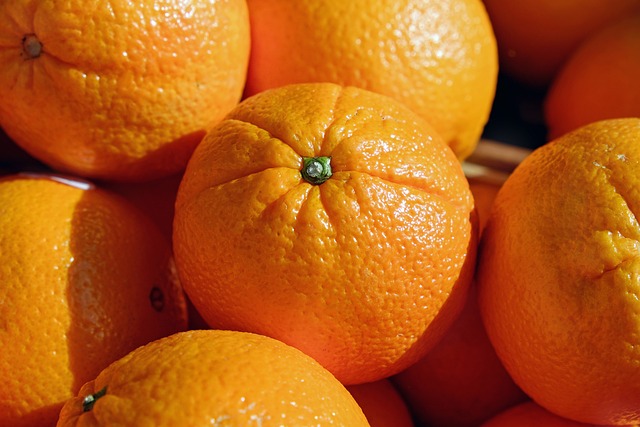Probiotics are often recommended to improve digestive health. They help to boost the levels of good bacteria in our gut, which can aid digestion and prevent digestive issues such as bloating and constipation. However, recent studies have shown that the benefits of probiotics go far beyond just digestion.
Probiotics and Skin Health
The skin is the largest organ in our body, and it has its own microbiome made up of trillions of bacteria. This microbiome plays an important role in maintaining the health and integrity of our skin. In recent years, research has shown that probiotics can have a positive impact on our skin health, both when taken orally or applied topically.
Studies have found that probiotics can help to improve the skin barrier by increasing ceramide production. Ceramides are lipids that help to keep the skin barrier strong and resilient, preventing moisture loss and protecting against environmental stressors. Probiotics can also help to reduce inflammation in the skin, which can be beneficial for people with acne, rosacea or other inflammatory skin conditions.
In addition, topical probiotics have been shown to improve skin hydration, improve skin texture and reduce the appearance of fine lines and wrinkles. They can also help to improve the skin’s natural defenses against UV damage and other environmental toxins.
Probiotics and Hair Health
Probiotics can also have a positive impact on the health of our hair and scalp. Like the skin, the scalp has its own microbiome, which can be disrupted by factors such as harsh shampoos, stress, and pollution. This disruption can lead to a range of scalp issues such as dandruff, itchiness and inflammation.
Studies have found that probiotics can help to restore balance to the scalp microbiome, leading to healthier hair growth and a reduction in scalp issues. In addition, oral probiotics have been shown to improve hair thickness and density, making them a potential treatment for people with thinning hair.
How to Incorporate Probiotics into Your Diet
Probiotics can be found in a range of foods, including fermented dairy products such as yogurt and kefir, fermented vegetables such as sauerkraut and kimchi, and fermented drinks such as kombucha. When buying these products, it’s important to look for brands that contain live, active cultures to ensure that you’re getting a good dose of beneficial bacteria.
If you’re not a fan of fermented foods, you can also take probiotic supplements. These are available in capsule, tablet or powder form and can be found in health food stores and online. When choosing a probiotic supplement, look for one that contains a variety of strains of bacteria and has a high number of colony-forming units (CFUs).
The Bottom Line
Probiotics are often thought of as a digestive aid, but their health benefits go far beyond just the gut. They can improve skin health, hair health and boost overall immunity. To incorporate more probiotics into your diet, try eating more fermented foods or taking a probiotic supplement. Your body (and your skin and hair) will thank you!







